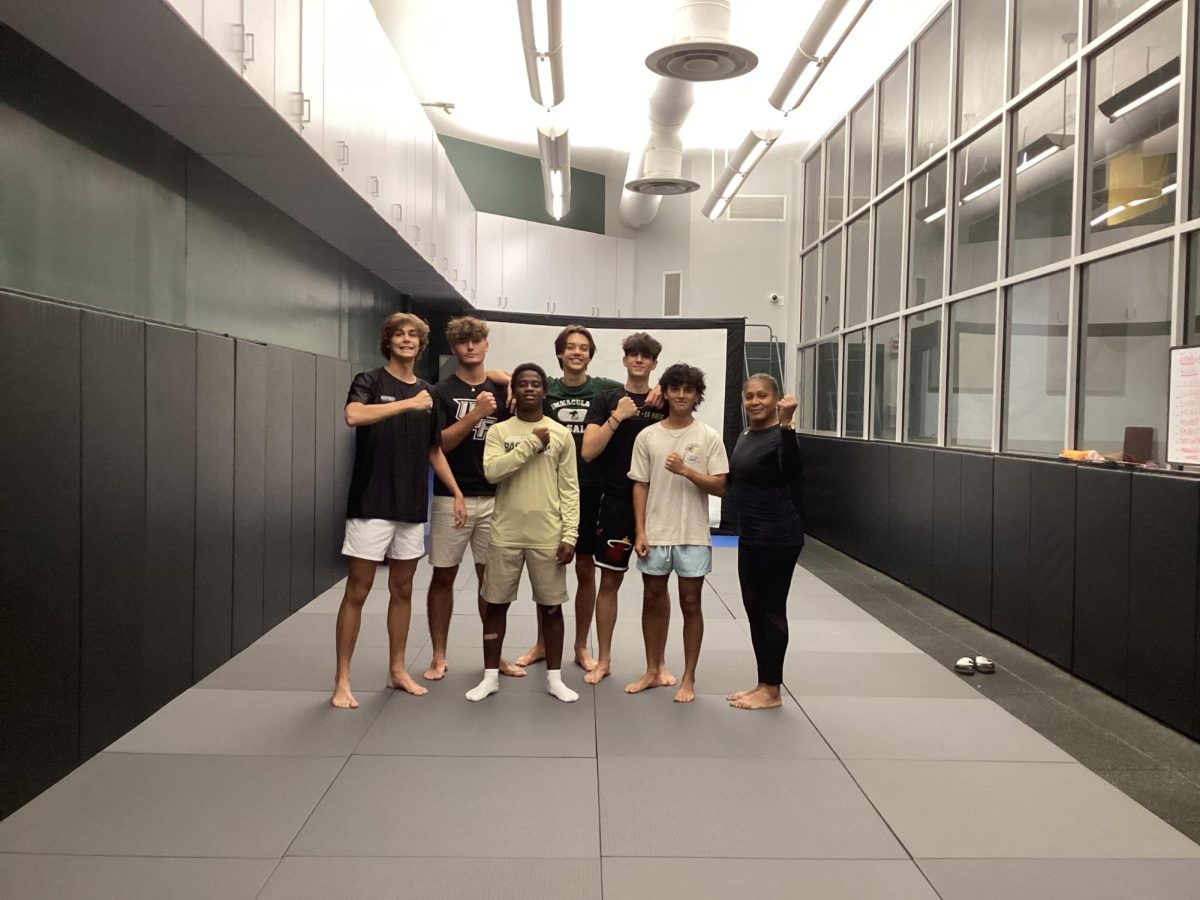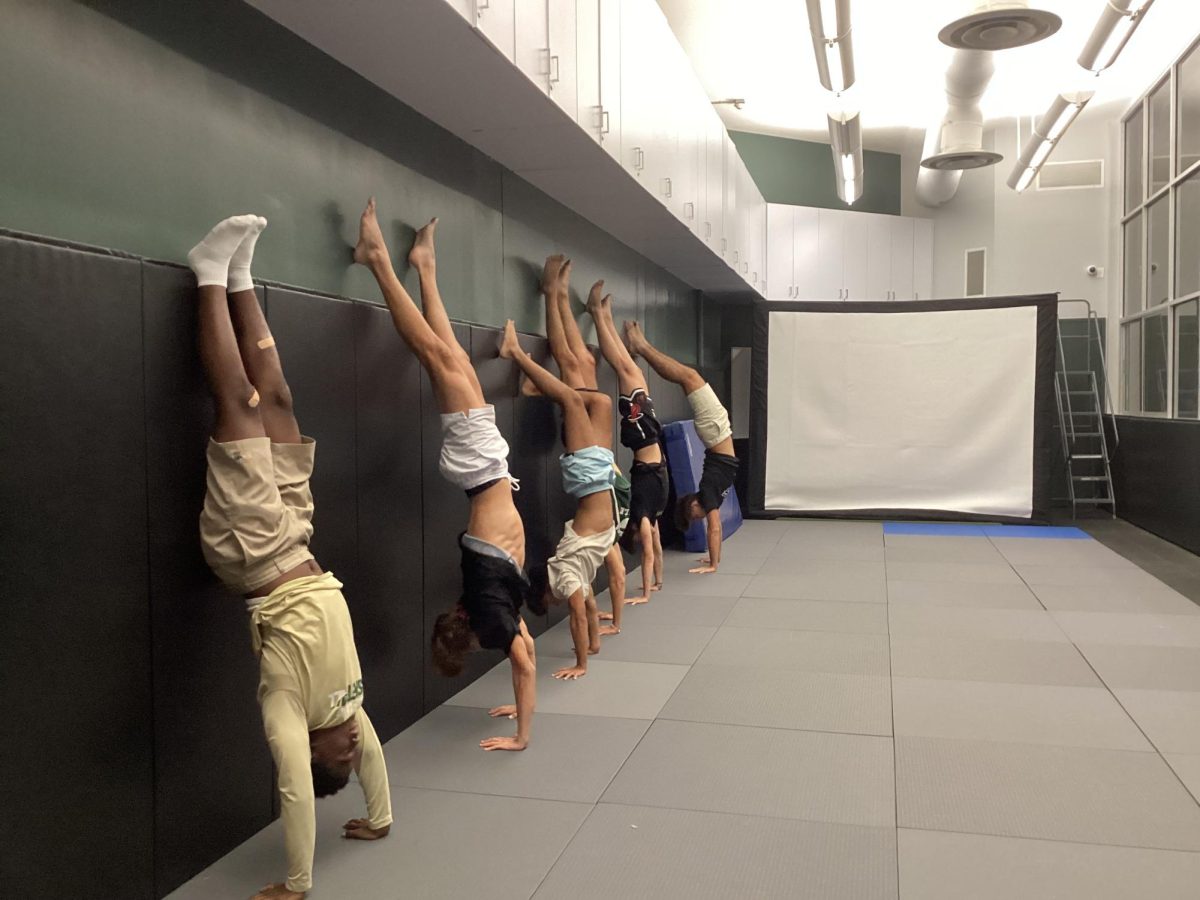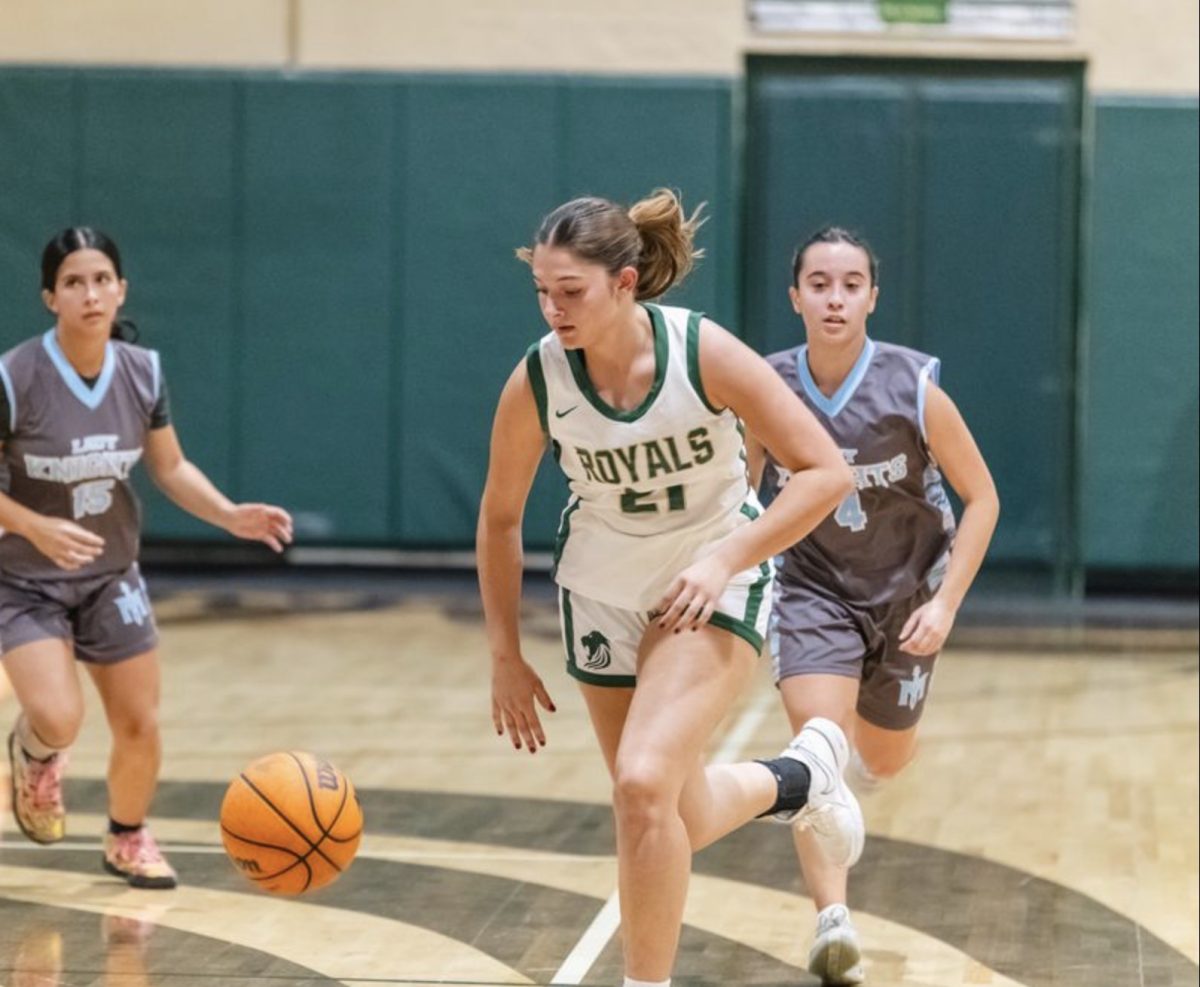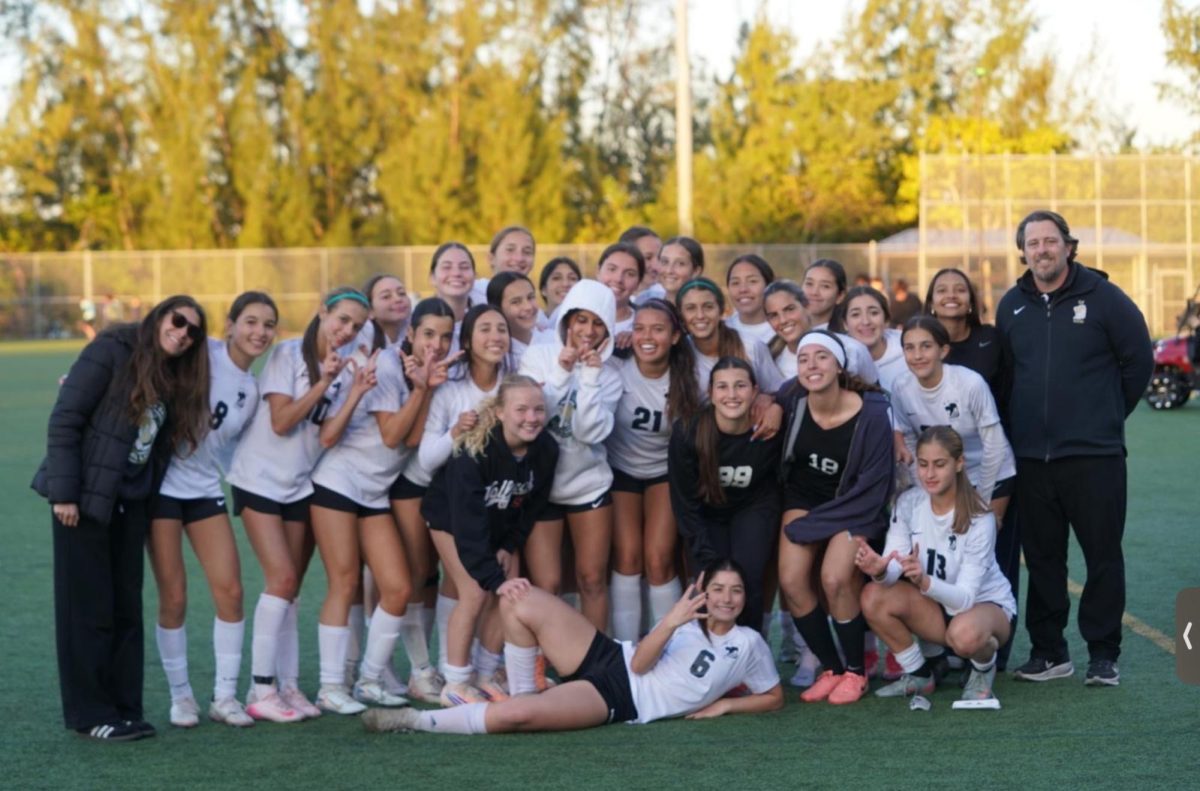Judo is the martial art and combat sport of Japanese origin, founded by Jigoro Kanō in 1882. It is characterized by its focus on projection and controlling the opponent, using techniques that allow one to throw or immobilize the other person without causing harm.
Judo is also the newest elective at ILS.
“It’s only been around a week at Judo, but I am already enjoying it so much. The teacher has many good stories and I feel like it was a good addition to the school,” said senior Olivia Tuneu.
The term “judo” translates to “the gentle way,” reflecting its fundamental principle of using the opponent’s strength against them, a concept known as “non-resistance.”
“Judo became an Olympic sport in 1964 and features international competitions organized by the International Judo Federation. Paralympic Judo was introduced at the Seoul Paralympic Games in 1988. Judo is known for its educational focus and its ability to develop both physical skills and ethical values, making it a recommended practice for people of all ages,” said Judo instructor, Ms. Driulis Gonzalez.
WHAT ARE THE CHARACTERISTICS OF JUDO?
- Techniques: Judo includes throws, joint locks, and strangulation techniques. Judokas (Judo practitioners) can win matches by achieving an “ippon” (a perfect throw of the opponent) or by accumulating points through various techniques.
- Practice Surface: Judo is practiced on a padded area called a tatami, which minimizes the risk of injury during falls.
- Belts: Judokas wear a special uniform called a judogi and are ranked by belts of different colors, indicating their level of skill, from beginner to expert.
“I never even knew what Judo was, but it’s so cool to have something like this on the ILS campus because it’s different than team sports, regular PE, and weight room. This is super new to me and I’m glad to be learning it,” said senior Christian Bagshaw.
Judo has its roots in several older Jujitsu schools, but one of its unique contributions to martial arts is the concept of randori, or free practice. Unlike traditional kata (pre-arranged forms), randori allows practitioners to engage in live, dynamic sparring with resistance, which was revolutionary at the time.










